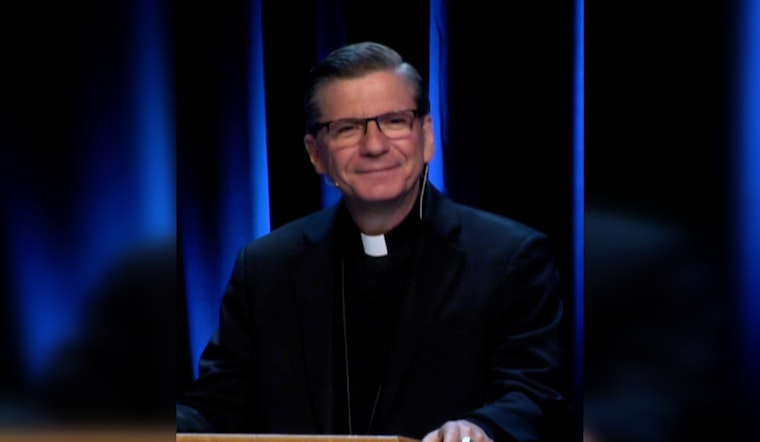
In a bold move diverging from regular ecclesiastical celebrations, Archbishop Gustavo García-Siller of the San Antonio Archdiocese aimed at a private retreat center, Sanctus Ranch, for masquerading as a Catholic entity. The Archbishop banned all Catholic-affiliated groups and parishes from using the retreat's facilities, sparking contention with the ranch's owner, Dan Sevigny. This firm stand was made amidst preparations to commemorate the diocese's significant 150th anniversary, a testament to its storied history and deep roots in the community.
The San Antonio Archdiocese, tracing its establishment back to 1874 by Pope Pius IX, is a beacon of Catholic presence in the region, serving a 19-county area with 170 parishes and numerous social institutions. However, the harmony of the faithful was disrupted when García-Siller denounced the "pseudo parish" activities conducted at Sanctus Ranch, which sits in Pipe Creek, Bandera County. Sevigny claimed that the ranch, which has no official connection with the church, has been unfairly targeted, according to a statement on the retreat's website. "I am preparing a response with my attorney presently," Sevigny told the San Antonio Report.
In contrast to the discord brewing with Sanctus Ranch, the San Antonio Archdiocese remains focused on celebrating its sesquicentennial with dignity and reverence. According to García-Siller, this milestone presents an opportunity to reflect on the diocese's achievements. “This is an occasion to reflect on the achievements we’ve made as a diocese, highlighting many milestones impossible to summarize this afternoon,” García-Siller expressed during the events leading up to the anniversary. The Holy Week was marked by traditional ceremonies, including the Chrism Mass, an annual consecration of holy oils used in sacraments throughout the region.
Confronting contested realms of faith, the Archbishop's concerns about Sanctus Ranch included the presence of two priests not in good standing, a chapel lacking canonical status, and a school represented as Catholic without official endorsement from the diocese. Father Roger Keeler, assistant professor of canon law at San Antonio's Oblate School of Theology, supported the Archbishop's authority, indicating that in the Catholic Church, “Nothing can happen within the diocese unless the bishop is in some way engaged or involved. In this case, we don’t have it.” Keeler clarified the church's position in a statement obtained by the San Antonio Report.
While the controversy with the ranch unfolds, the 150 years of the San Antonio Archdiocese stand stark in history — a chronicle of faith, growth, and community service. As the diocese navigates contemporary challenges like immigration and border issues, Archbishop García-Siller's voice remains steadfast, looking to foster a more humane habitat. “We have great, great challenges: How to make our world, our habitat, more humane, how to promote the dignity of every human person, how to make people to live with all the challenges, the violence, the division, so many conflicts, and poverty,” he stated, according to an interview with the San Antonio Report.
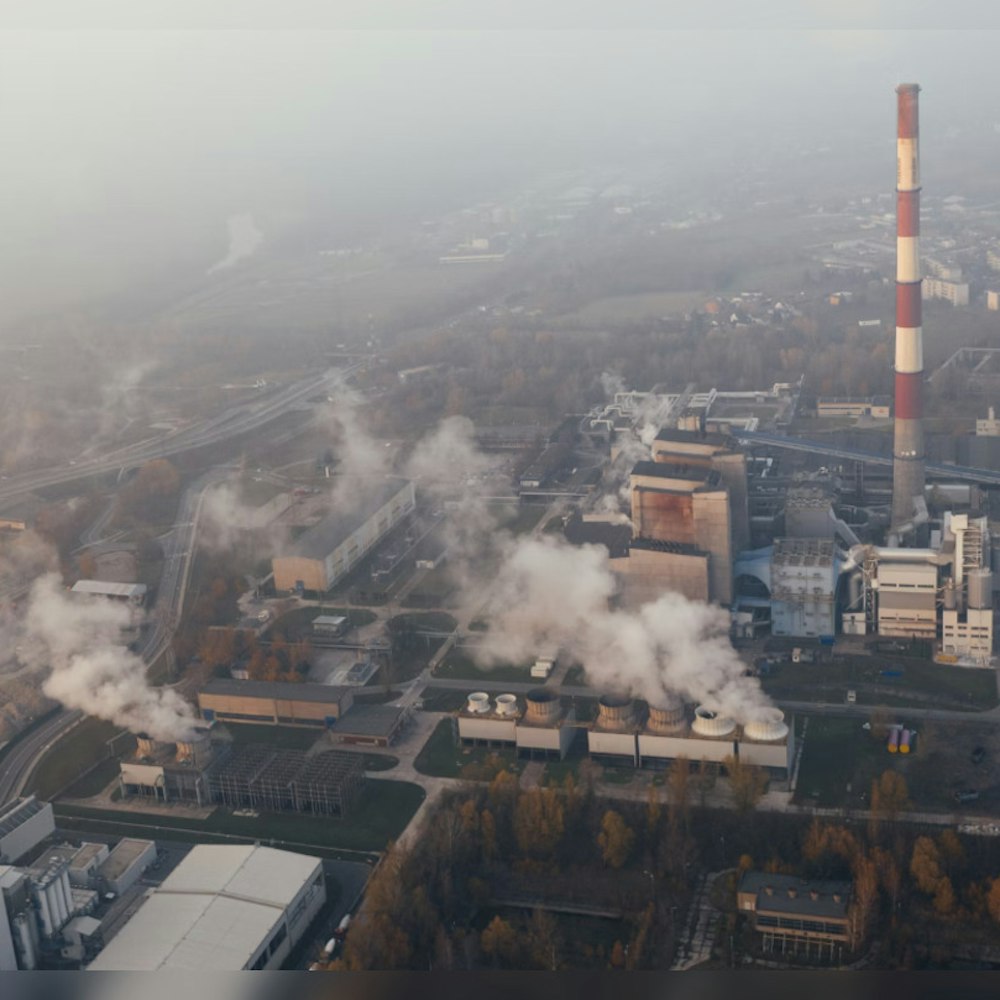
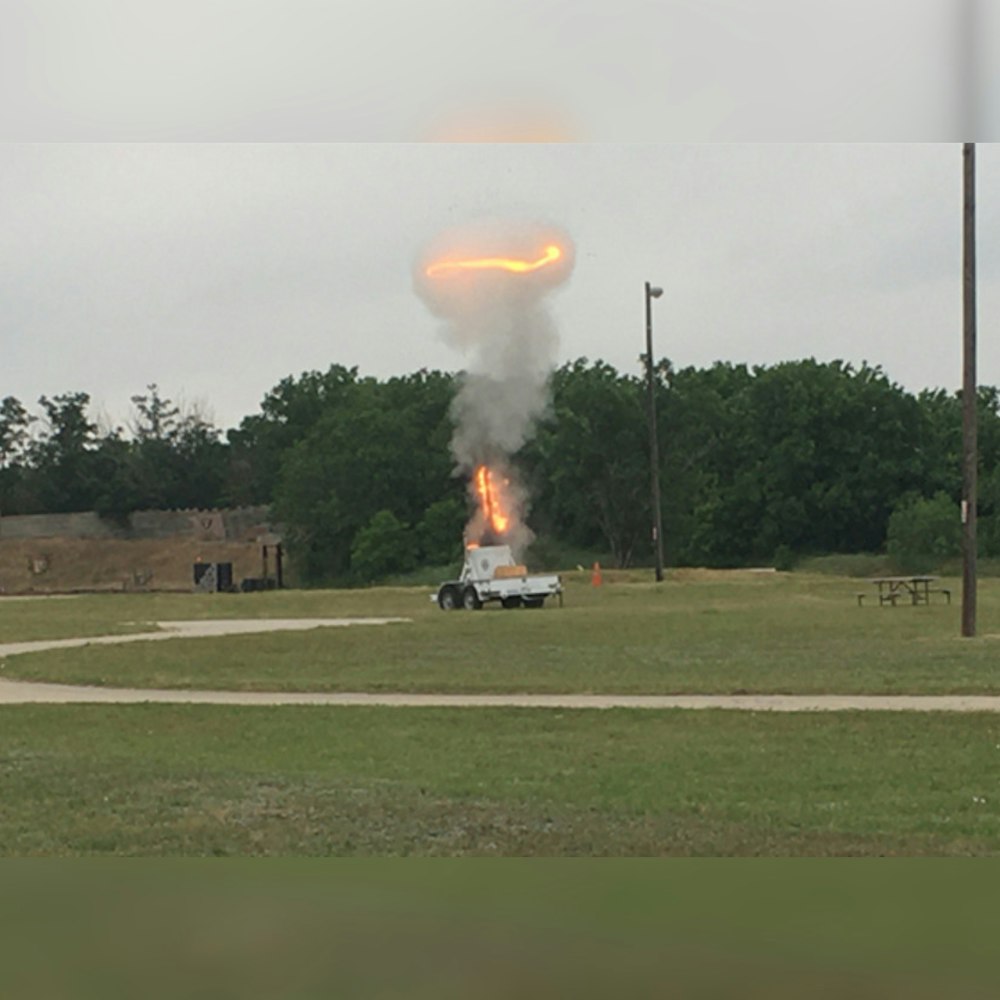
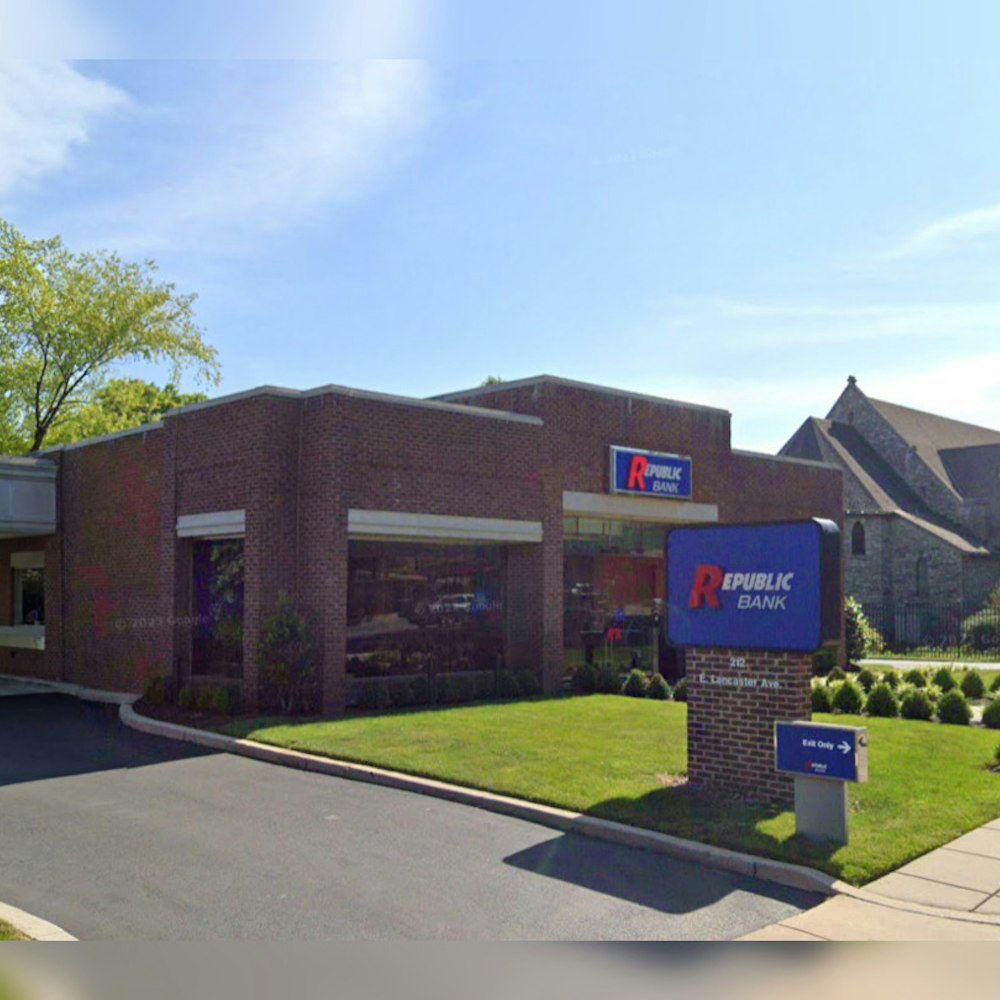
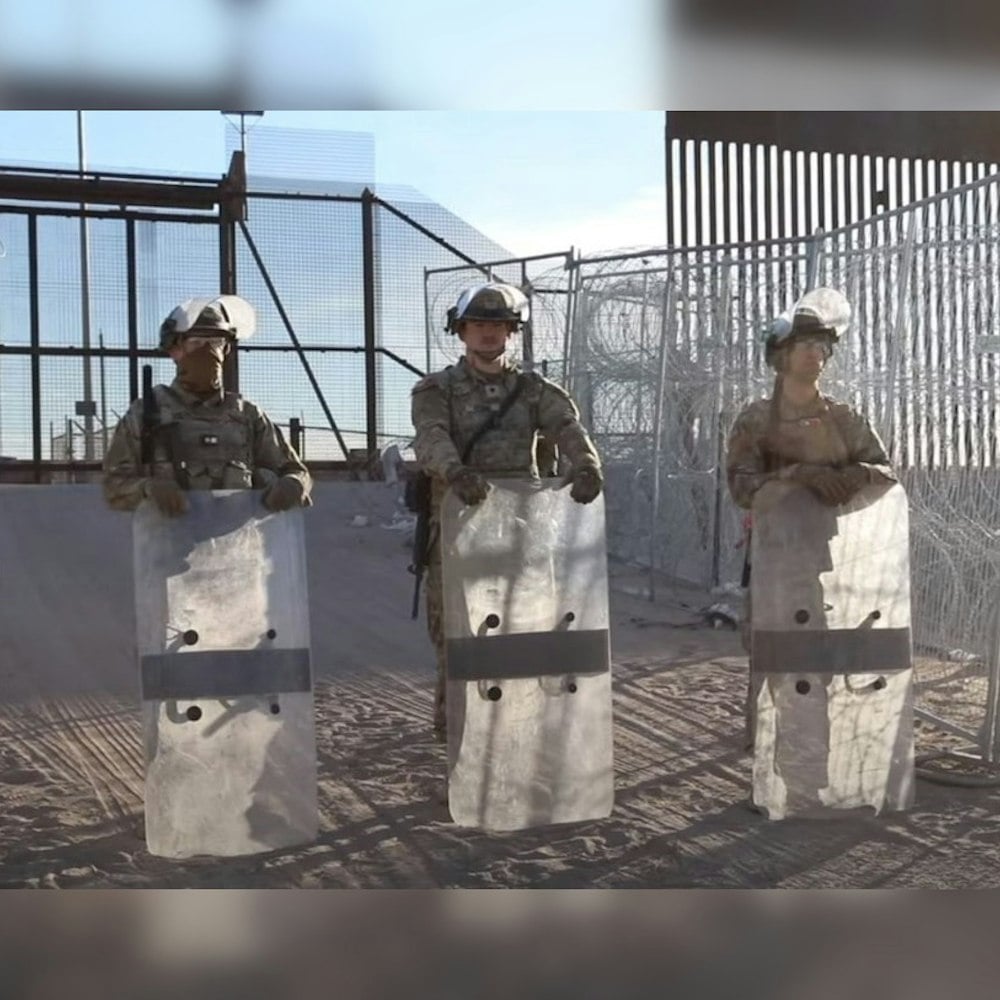
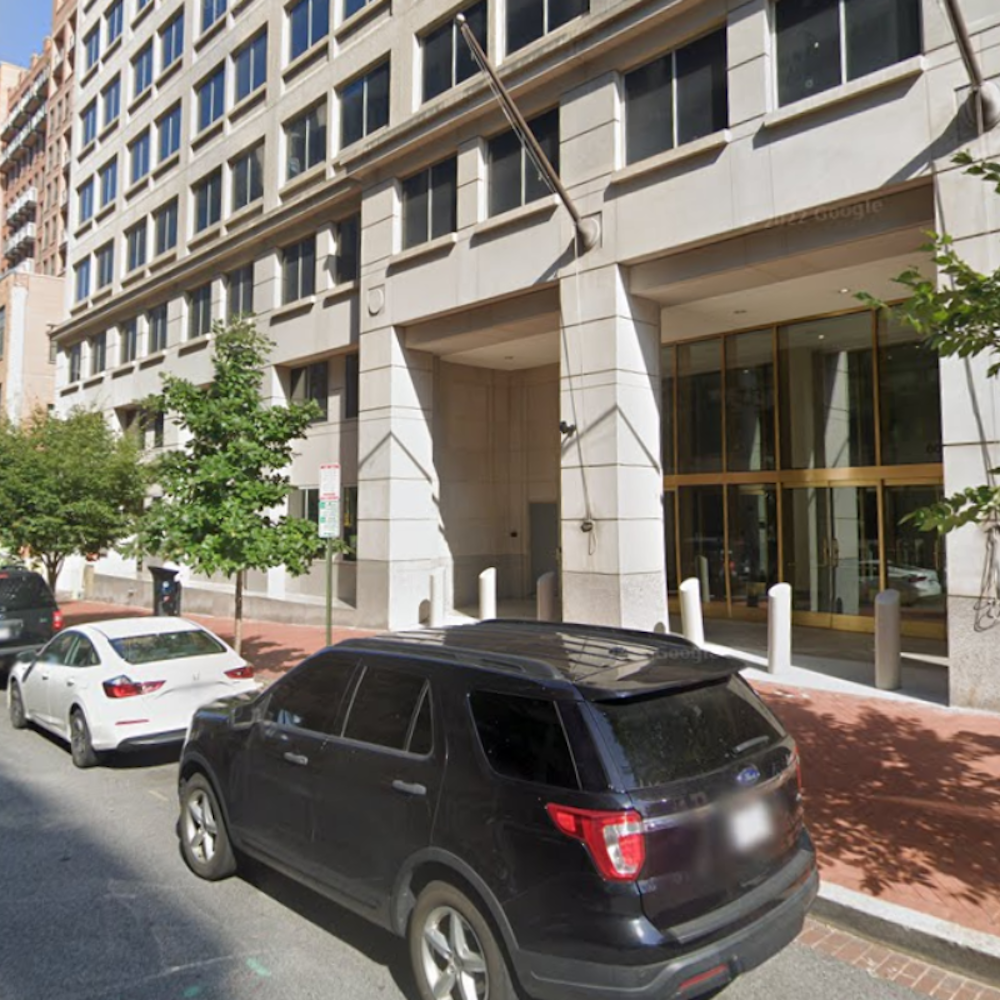
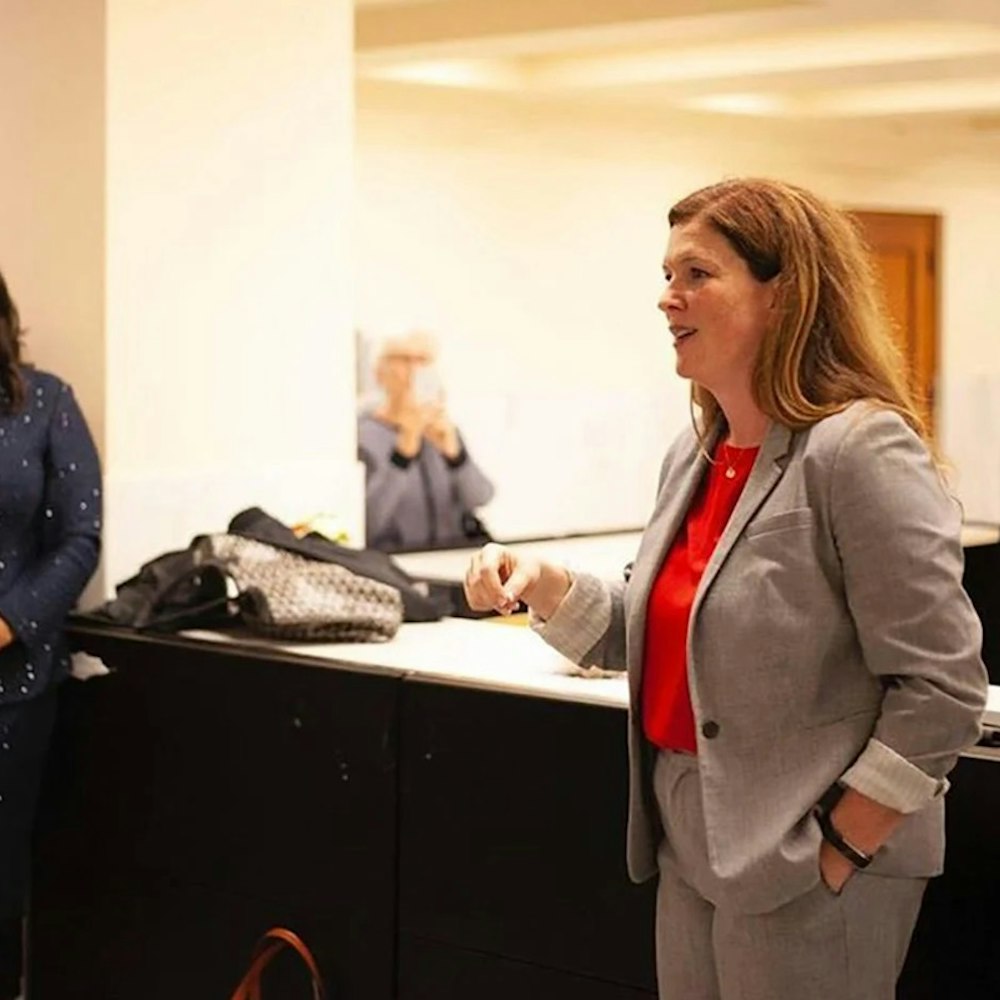
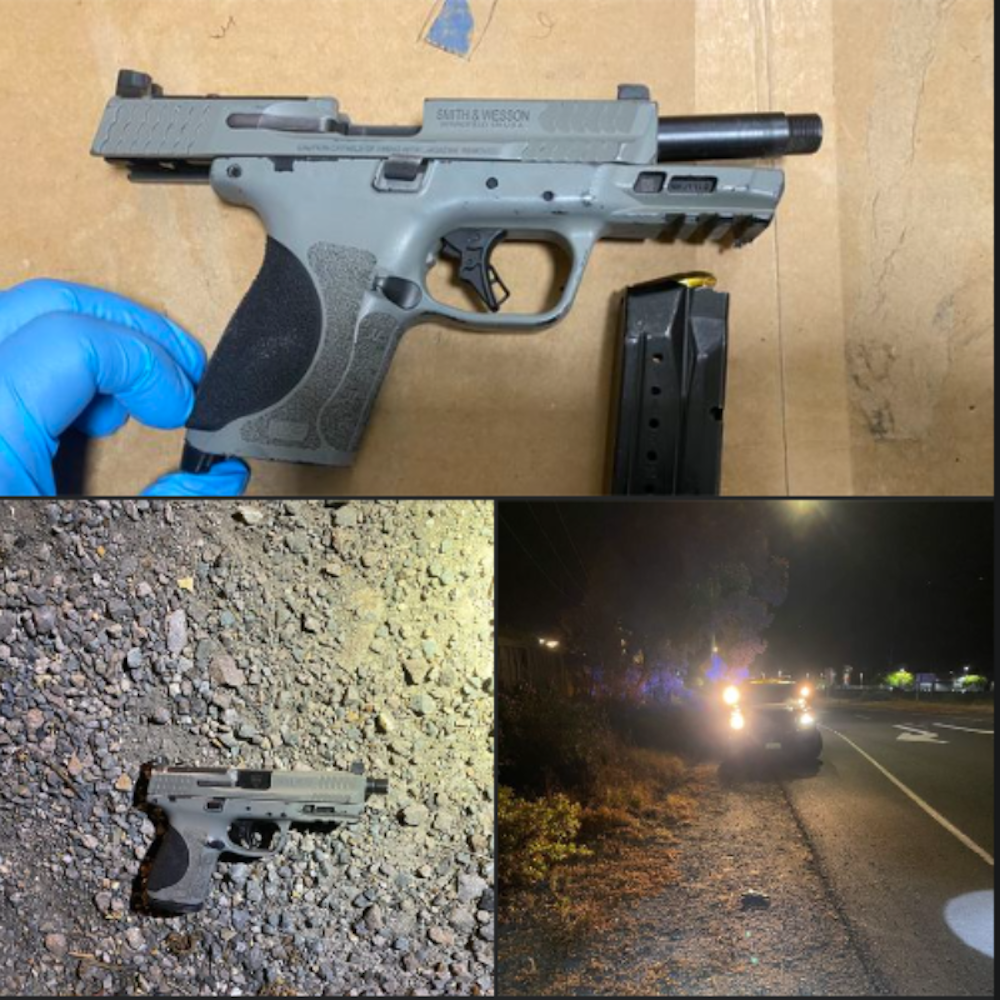
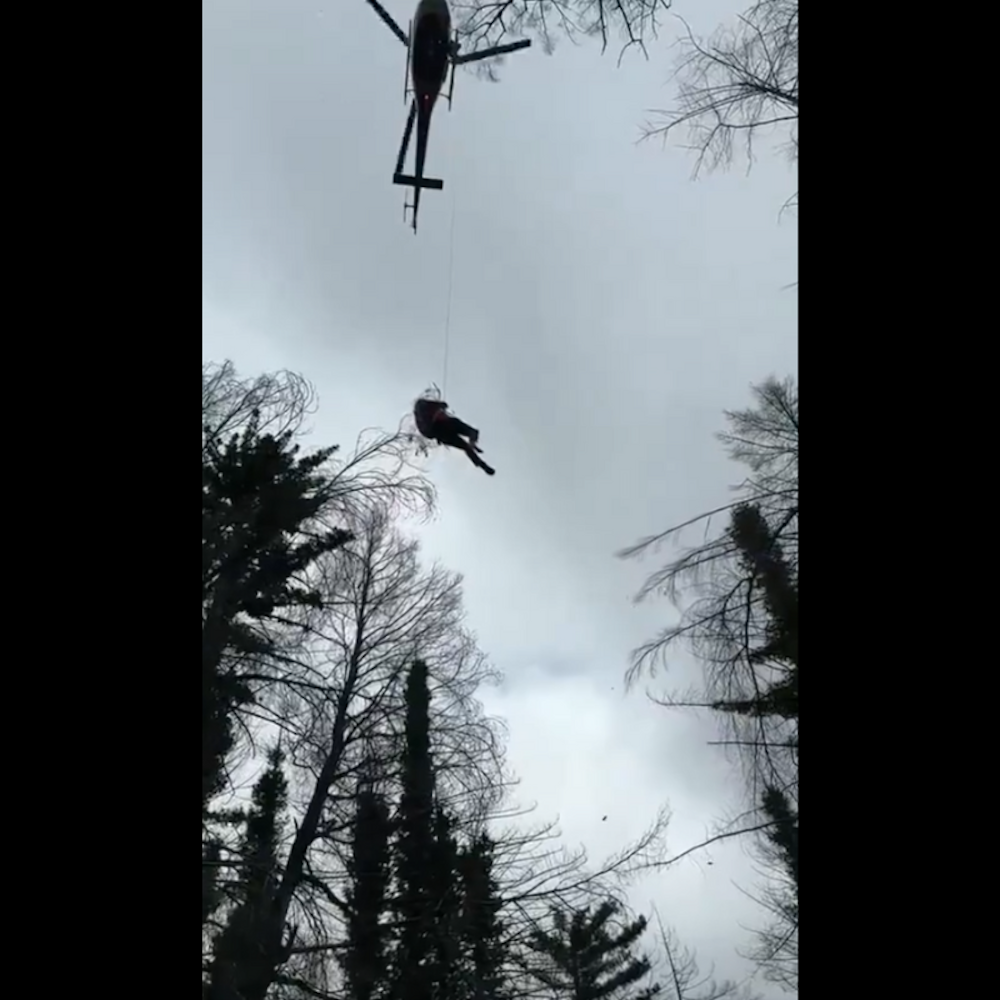
-1.webp?w=1000&h=1000&fit=crop&crop:edges)
-2.webp?w=1000&h=1000&fit=crop&crop:edges)